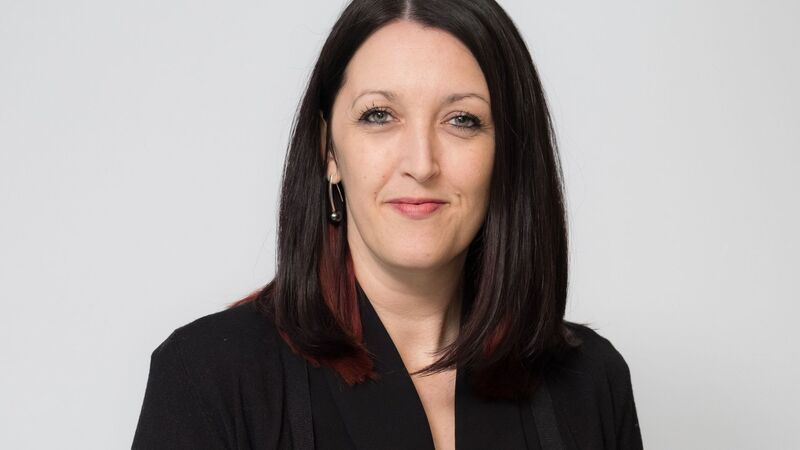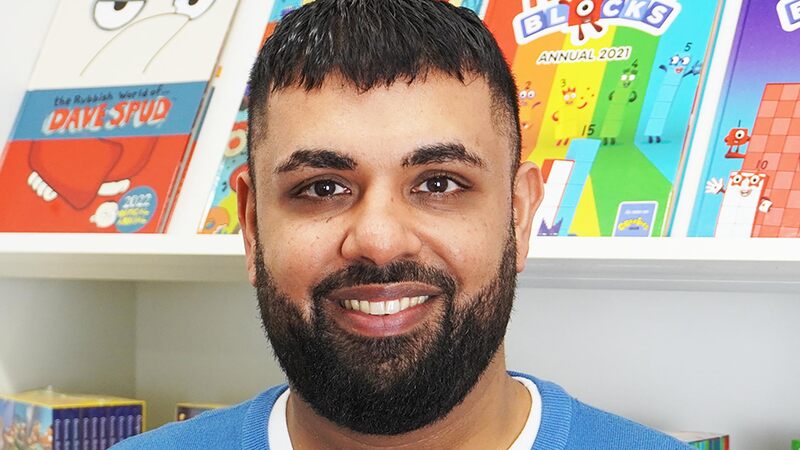You are viewing your 1 free article this month. Login to read more articles.
Dialogue joins with gal-dem on Literature course which ‘rewrites canon’
Sharmaine Lovegrove, publisher of Dialogue Books, is collaborating with women of colour magazine gal-dem to create a 12-month literature course tasked with “rewriting the literary canon to include people of colour”. The course will be held in monthly sessions at department store Liberty London with two further sessions to be held outside the capital.
Dialogue Books and gal-dem said they took action to “rewrite the canon” following the debate surrounding the omission of writers of colour from the syllabus of Oxbridge English Literature departments and Robert McCrum’s “Best 100 Nonfiction Books of All Time” column in The Observer. The focus of Lovegrove and gal-dem’s canon will be “global writers that should be read, discussed and enjoyed by everyone”.
For 12 months from 10th July 2018, a group of 24 readers chosen through application will gather at Liberty London and a new book will be discussed with an extended reading list for the readers to gain better insight into the subject area. All the books have been chosen by Lovegrove, who has over 20 years’ experience working with literature, and copies will be provided by Housmans Bookshop.
The selected books, a blend of classics and contemporary literature, comprise: The Old Man and the Mastiff by Patrick Chamoiseau (Dialogue Books), Passing by Nella Larsen (Penguin), Their Eyes Were Watching God by Zara Neale Hurston (Virago), Giovanni's Room by James Baldwin (Penguin Classics), Moth Smoke by Mohsin Hamid (Penguin), Second Class Citizen by Buchi Emecheta (Heinemann African Writers Series), Things Fall Apart by Chinua Achebe (Penguin), The God of Small Things by Arundhati Roy (Harper Perennial), The Leavers by Lisa Ko (Dialogue Books), Mumbo Jumbo by Ishmael Reed (Scribner), Meatless Days by Sara Suleri (Viking) and Beloved by Toni Morrison (Vintage).
The course will cost £200, including the 12 books, and applicants can apply to the course via this link.
Lovegrove said: “From reading about the Oxbridge canon of Literature it became clear that we needed a new list which reflected historical and contemporary readings of international BAME literature. As a publisher at Dialogue Books who has worked with stories for over two decades, it was important that I didn’t wait for institutions to include our us, but for us to say what is important. It’s been a joy to combine this with the incredible activist movement that is gal-dem and the style powerhouse of Liberty London. Through this partnership we have been able to develop an intersectional approach to literature that stands alongside the current canon and give a variety of readers the opportunity to celebrate great writers from a range of cultures.”
Liv Little, editor in chief for gal-dem, said the magazine had wanted to celebrate writers of colour who had “paved the way” and highlighted plans to introduce a digital element to the course so an even broader range of people can participate.
“I’ve really missed having time dedicated to learning. We’re forever consuming news and media, but how often do we have the space to sit down and digest something at length?” said Little. “The point of our literature course is to provide a space for informal study. We want to celebrate the writers of colour from the past who have paved the way for us to take up space as we currently do. We’re also really keen to work in a digital element and host two sessions out of London so that lots of different people can get involved.”
The course builds on a collaboration between gal-dem and Liberty London on the store’s Women of Liberty campaign earlier in the year. A spokesperson for Liberty London commented: “Teaming up with gal-dem and Dialogue Books, Liberty London brings you a monthly book club exploring race, gender, class and sexuality. gal-dem came together with seven other extraordinary females for our Women of Liberty campaign earlier this year, and we are delighted to be working with them again, spotlighting novels which evoke, educate and challenge, moving us closer to a more diverse and equal society.”
















